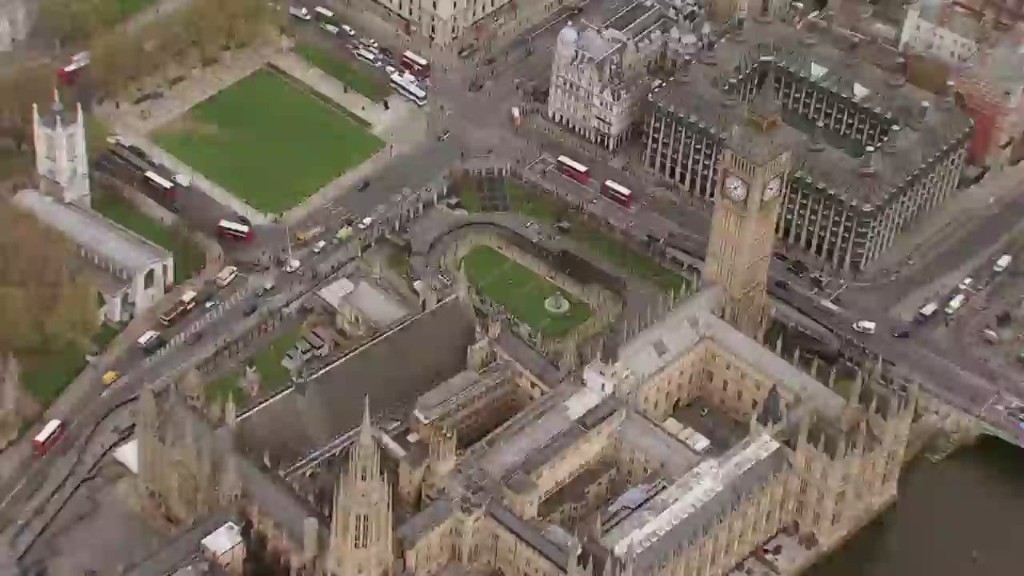
When the global financial crisis exploded, economists were quick to lay some of the blame on mortgages that did not require a down payment.
The risky loans all but vanished as banks reacted to the housing market collapse. Even as interest rates dropped, down payment requirements moved higher.
But now they're back: Barclays (BCS) has become the first big British bank to offer 0% down payment mortgages since the crisis as part of a program called "Family Springboard." There is a catch, however.
Barclays will grant a mortgage to buyers with no down payment provided a "helper" (read: parent) is willing to put 10% of the purchase price into a savings account. If the buyer makes their loan payments, the bank will return the 10% deposit after three years, with interest.
There's a logic to the scheme: Barclays said that 35% of first time buyers in the U.K. ask their parents for help when securing a mortgage. Of those, 20% see the money as a gift from the "bank of Mum and Dad."
Related: Is London's luxury real estate bubble finally bursting?
Buyers do face a tough market -- especially in London. UBS says prices in the city have jumped 40% since 2013 alone. In response, the government has tried to tamp down the market with higher taxes on second homes and property transactions.
Under the Barclays program, first time buyers with incomes above £50,000 per year ($72,000) can borrow up to 5.5 times their annual earnings.
"We want to offer more people a way to get on the property ladder and to walk through the door of their first home earlier than they perhaps thought," said Raheel Ahmed, head of Barclays Mortgages.
Home loans with low down payments have also made a comeback in the U.S. Fannie Mae and Freddie Mac, which guarantee more than half the country's mortgages, have slashed minimum down payments from 5% to 3%.
Bank of America (BAC) is also offering mortgages with as little as 3% down.


